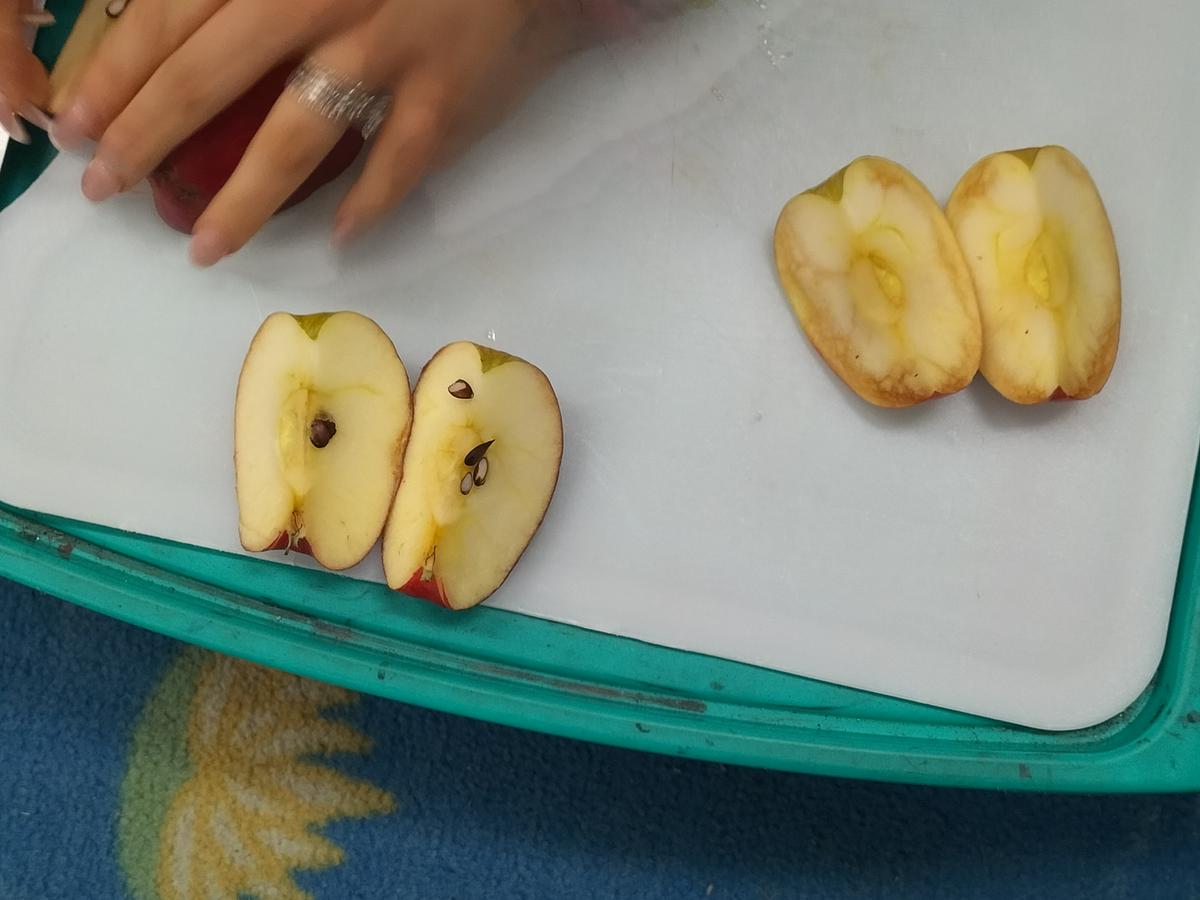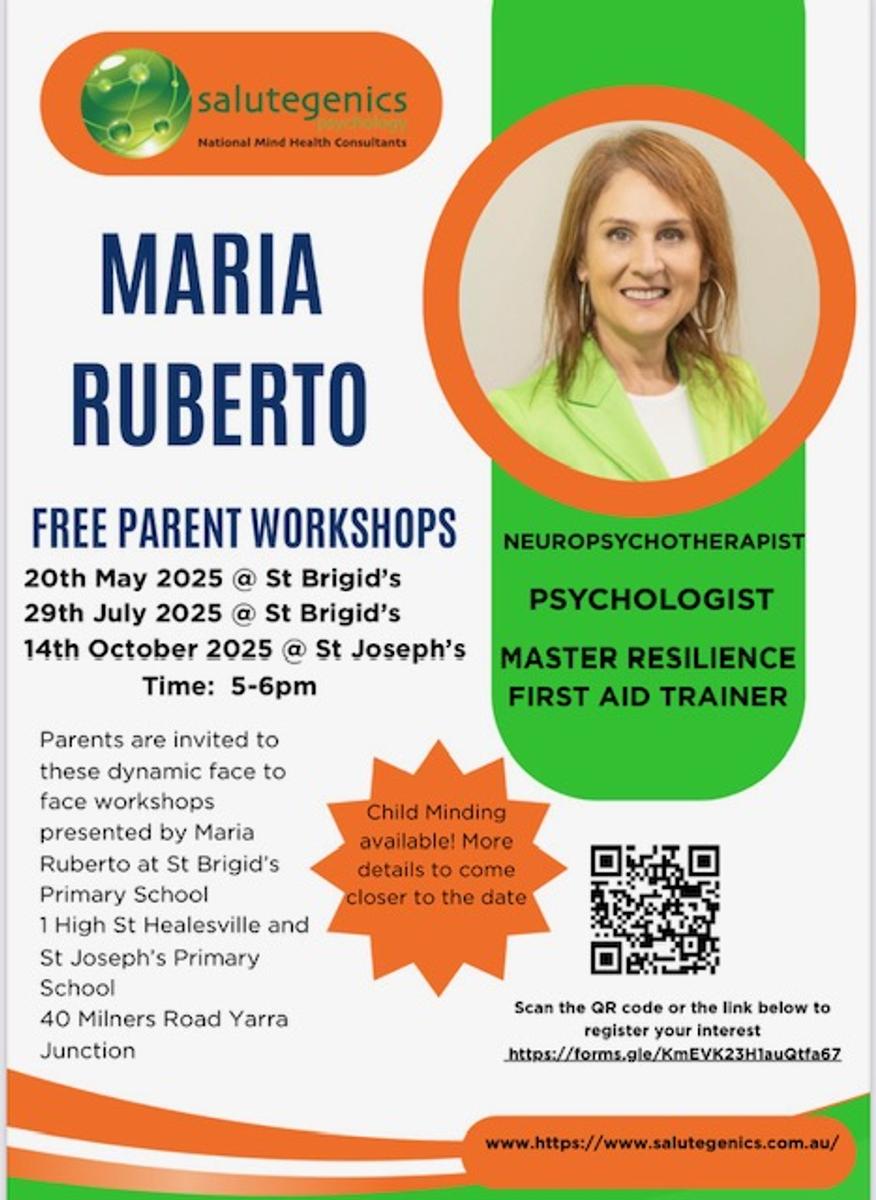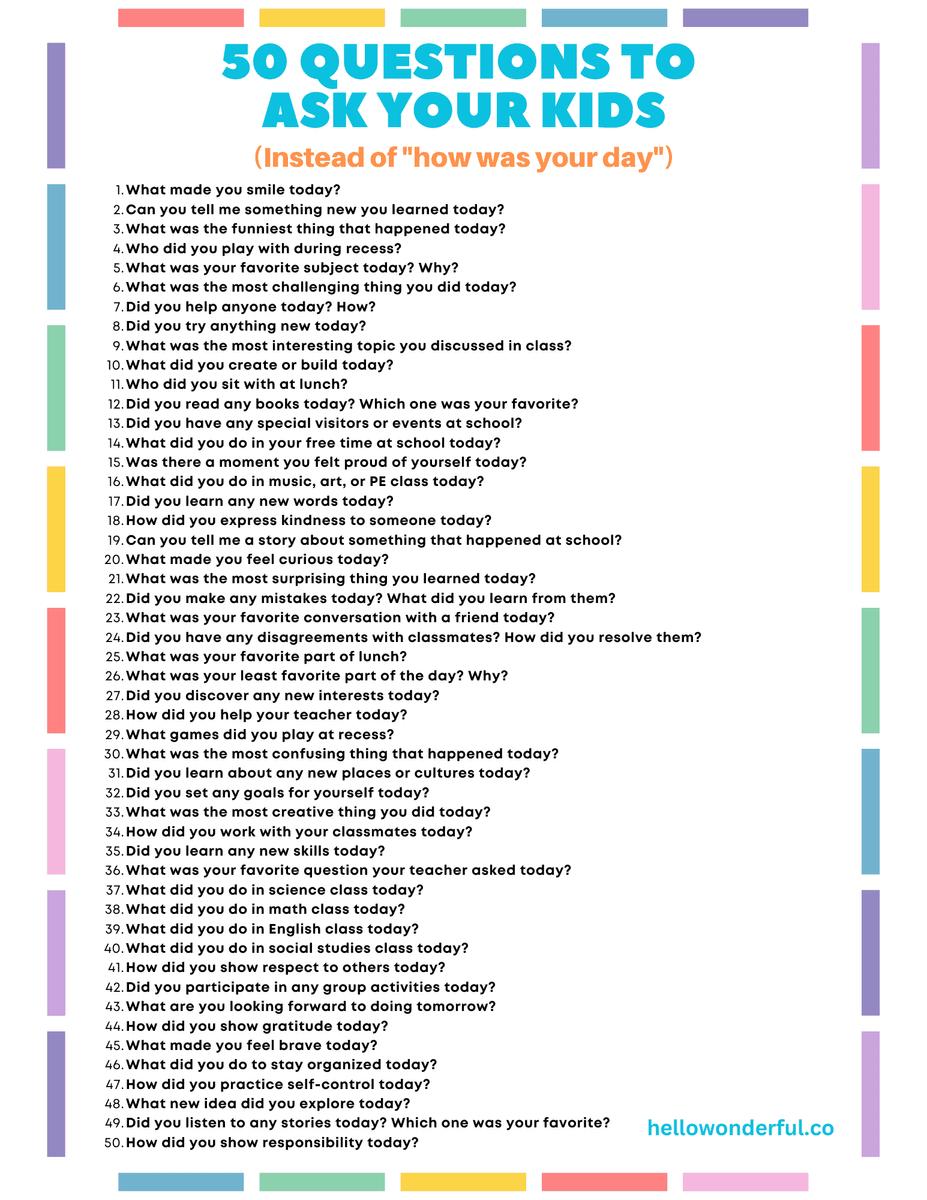Student Wellbeing
Mrs Rebecca Beveridge

Student Wellbeing
Mrs Rebecca Beveridge
To finish off our week, in class groups we did the Bruised Apple Activity! We looked at two apples and talked about how they are the same. One apple we passed around the circle and said mean things to the apple. The next apple we said nice things to it. We then compared the similarities and the differences between the apples and then talked about what the apple might look like on the inside.
Inside the apple that we were mean too was bruised on the inside. We talked about how someone might look fine on the outside but feeling upset on the inside.


Each class had really authentic discussions about this including discussing thoughts and experiences.
We then discussed Kindness and how we can be kind to others. This discussion and activity will continue next week!
It was amazing to have our first Parent Workshop with Maria on Tuesday Night. It was great to see St Joes families come along to the night and to be involved in the learning. We are looking forward to our next two parent nights! Even if you can only make one night, please consider taking the time to attend this workshop. It is an excellent source of information and learning for all families that is integral to the development of our children.


Some takeaways from the first Parent Workshop:


We hope to see you at the next Parent Workshop on the 29th July at St Brigid's in Healesville!
Understanding and using parental controls to help protect your child online
Parental controls can be a useful addition to the strategies you use to help protect your child online. Parental controls can help protect children and young people by preventing access to harmful content, as well as helping manage time spent online and who they communicate with. Join us at this 45-minute webinar to find out about:
It’s suitable for parents and carers of children in primary school.
Term 2 (Australian Eastern Standard Time)
This term in the classrooms and in Friendship Groups, we are doing lots of learning around Problem Solving and treating others with kindness. This learning that we do in the classroom, is so important to grow our students Social-Emotional Skills. We encourage your to check in and ask your child what they have learned in these activities. Something even better is encouraging this learning happening outside of the school environment.
Start having Family Conversations at home:
Positive Self Talk
Model it yourself:
Children learn by observing, so it's crucial to demonstrate positive self-talk in your own interactions. Avoid using negative statements like "I can't" or "I never". Instead, use affirmations like "I believe I can do my best" or "I can try again tomorrow".
Identify negative self-talk:
Listen for negative statements your child makes, and discuss how they feel when they hear themselves use those words. Help them recognize the negative impact of self-doubt.
Teach positive affirmations:
Introduce your child to positive phrases they can use when they're feeling nervous, afraid, or unsure. The Pathway 2 Success provides a list of 101 positive affirmations for kids and young adults.
Challenge negative thoughts:
Help your child identify and challenge negative thoughts by thinking of alternative ways to look at a situation or asking them to provide evidence against the negative statement.
Emphasize self-compassion:
Teach your child that it's okay to make mistakes and that everyone has moments of self-doubt. Help them see that mistakes are learning opportunities.
Encourage a growth mindset:
Focus on effort, learning, and the process of achieving goals, rather than just focusing on the outcome.
Make it fun:
Use games, activities, or stories to make learning positive self-talk more engaging.
Provide positive reinforcement:
Praise and encourage your child's efforts and progress in using positive self-talk.
Be consistent:
Positive self-talk is a skill that takes time and practice to develop, so be patient and consistent in your efforts to teach it to your child.